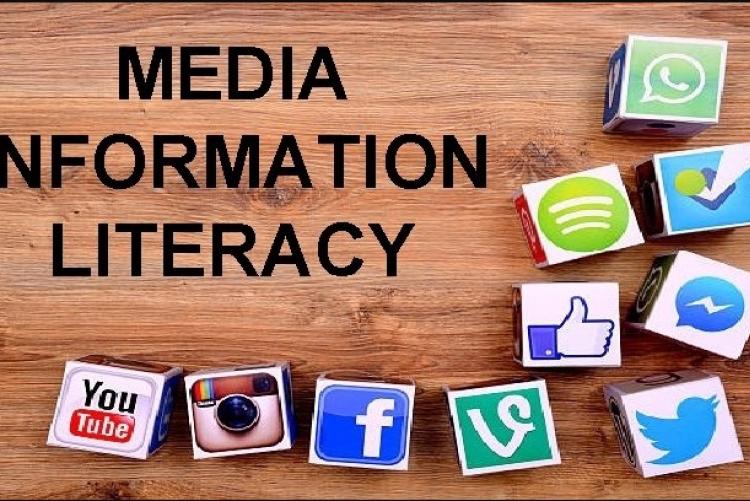In our increasingly fast-paced digital era, with everything known to man available free and everywhere, the importance of digital media literacy cannot be understated.
With technology still further developing, organizations of any form of education, whether schools, universities or professional institutions must make it a priority to acquire digital media literacy. This invaluable set of skills enables one to better navigate the bewildering realm of information, with their discerning mind to engage responsibly with digital media.
Digital media literacy is the ability to access, analyze, critique, and produce media content in a variety of forms. Misinformation circulates quickly in an era where individuals depend on information provided to them and respond to it without checking if it comes from authentic sources. Organizations that promote digital media literacy can enhance the quality of learning significantly and produce responsible citizens who can be beneficial to society.
Maybe one of the most valuable advantages of bringing digital media literacy into classrooms is the development of critical thinking. The students are instructed to question sources, scrutinize arguments, and be cautious of biasness in information in front of them.
ALSO READ:
Learn simple TVET skills instead of suffering due to lack of university fees, students told
This critical mode of thinking not only belongs to academic pursuits but also pervades everyday life so that individuals can make informed decisions based on reason. As students learn to critically evaluate information, they develop an attitude of respect for questioning and skepticism, which are essential in a democratic country.
Secondly, digital media literacy promotes responsible citizenship. In the present age where social media websites guide people’s views to a large degree, being responsible enough to engage with content on the web is the demand of the times. The organizations that focus on this education can bring up a generation of individuals who not only know they are on the internet but also know the repercussions of their activities online. Institutions can avoid ill-content spread and enable effective online interaction via the instillation of responsibility.
The second most important advantage of digital media literacy is enhanced communication skills. With the age of collaboration more likely to occur online, communicating ideas in one medium or another is essential. The schools that teach students how to create and disseminate content electronically, either by blogging, video-making, or social networking, are preparing them for the future of the modern workplace. Not only is this skill beneficial to express oneself but also it makes an individual more hirable because managers in most companies prefer employees who can express themselves differently.
Secondly, by media literacy of the digital kind will enable innovation and creativity. When individuals have an idea how to make and modify digital media, they are more likely to try things out and learn about something new. Such a culture of creativity must be taken to schools, where students must be taught how to think outside the box and develop innovative solutions. With the inclusion of digital media literacy in education, schools can prepare an entire generation of innovative thinkers comfortable expressing themselves using technology.
ALSO READ:
Digital media literacy can also bridge gaps in inclusion and access. As technology creeps into everyday life, digital media literacy is something that everyone of any standing requires. Through the offer of resources and digital media literacy education, schools can empower the marginalized group in a manner that anyone who is willing to join the digital society is capable of doing so. Besides improving the learning environment, this provides every learner with a sense that he or she belongs to the group.

By the end large, media literacy is not an option but a necessity for schools to embrace in the information age. When the employers and schools prioritize this specific area of knowledge first, they will be able to train critical thinkers, active participants, effective communicators, and productive innovators.
The benefits of digital media literacy extend far beyond the classroom into the broader community to shape human beings well prepared to deal with the complexity of the digital age. In the years to come, one must appreciate that a promotion of digital media literacy is an investment in the future of society and individuals.
By Tonny Kyule,
Rongo University, Migori.
You can also follow our social media pages on Twitter: Education News KE and Facebook: Education News Newspaper for timely updates.
>>> Click here to stay up-to-date with trending regional stories
>>> Click here to read more informed opinions on the country’s education landscape






